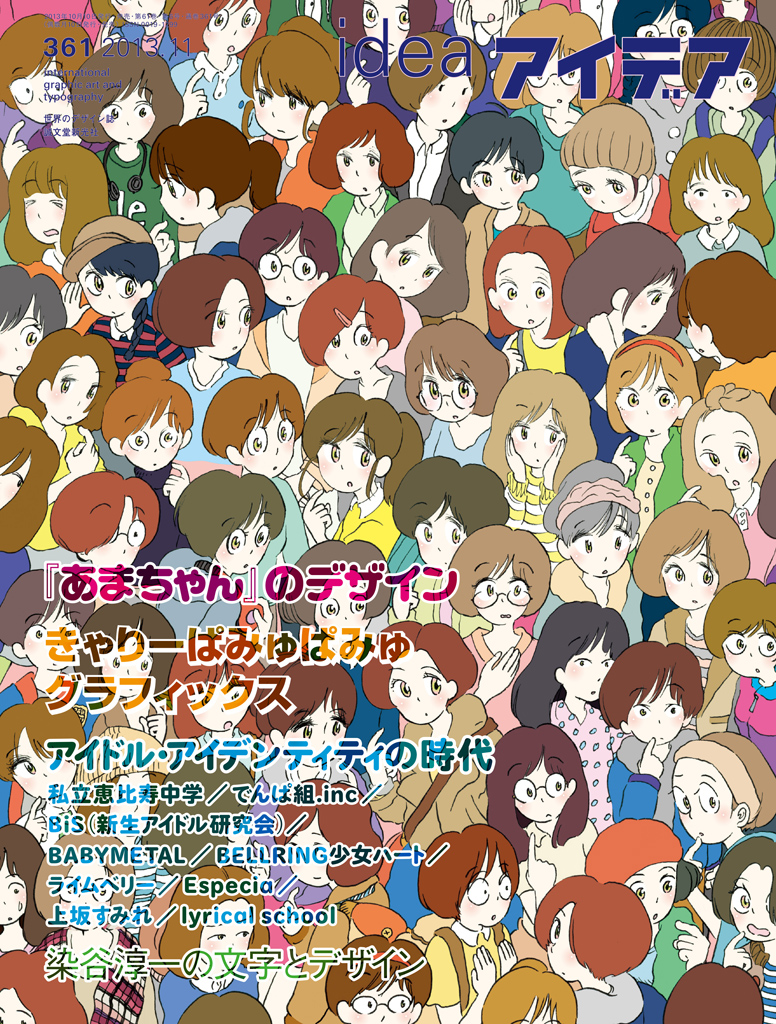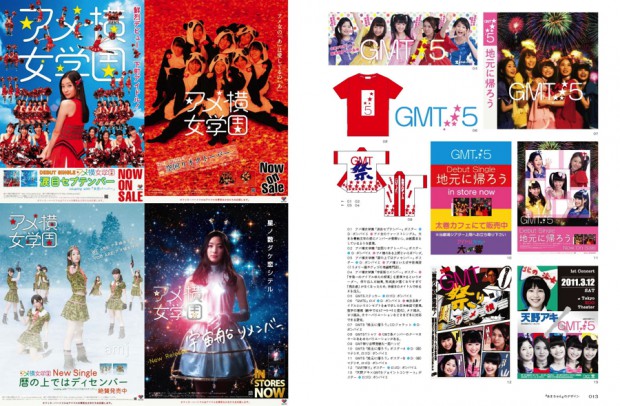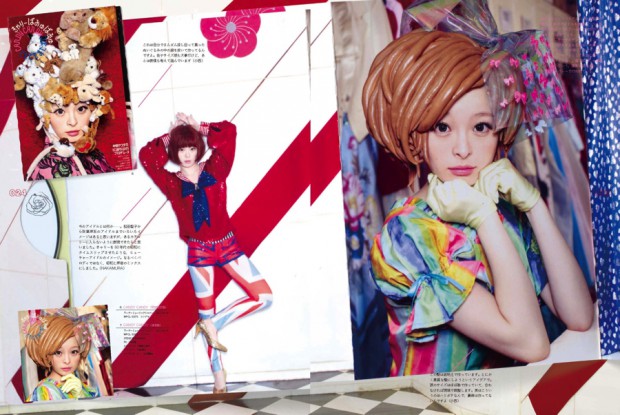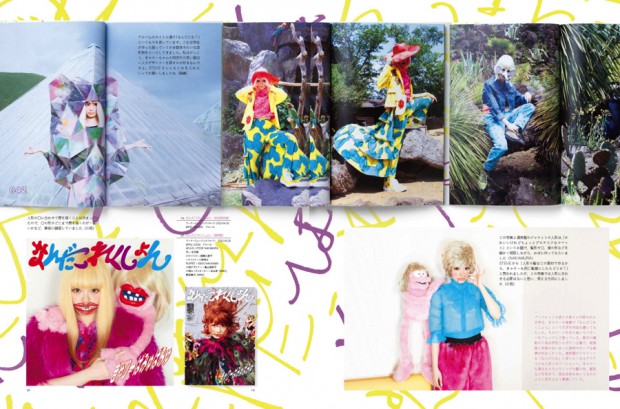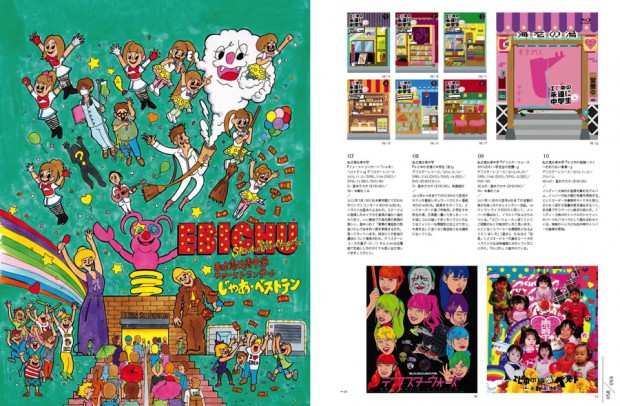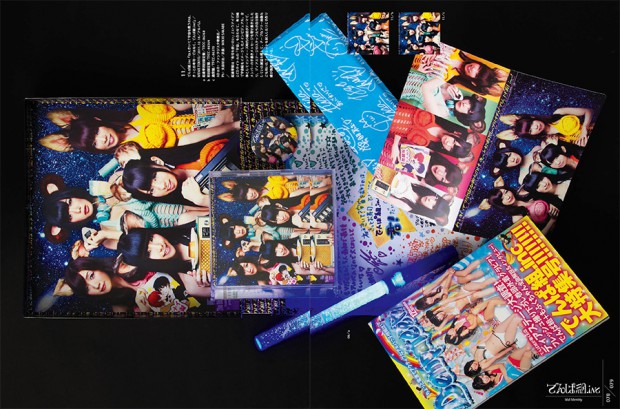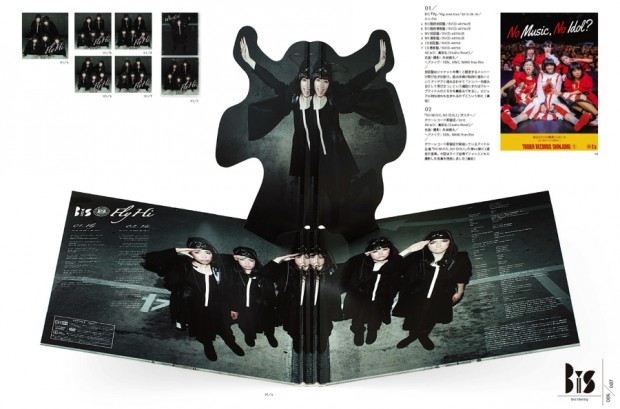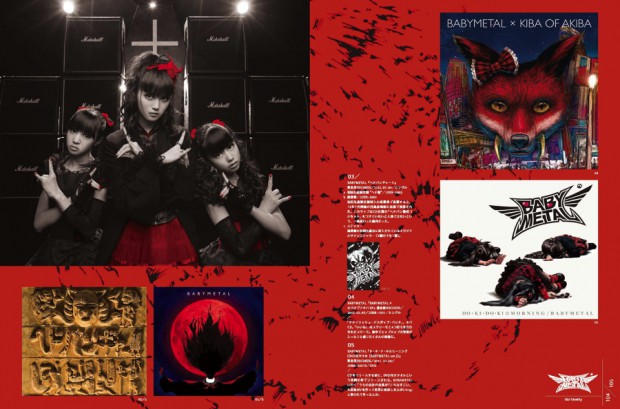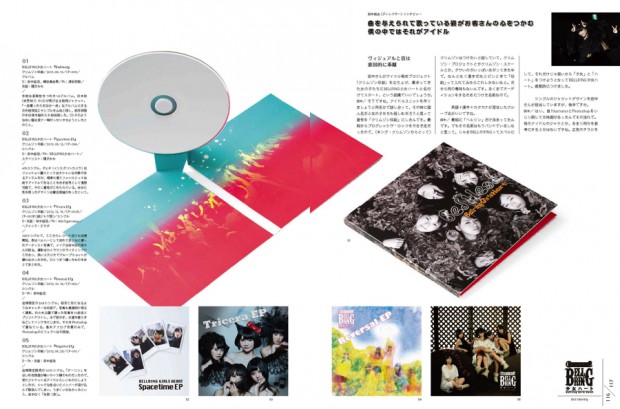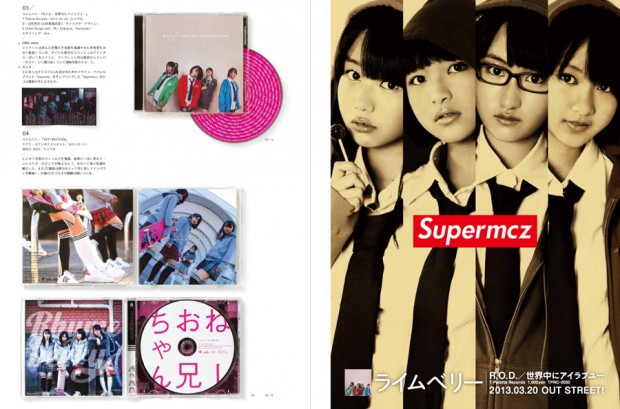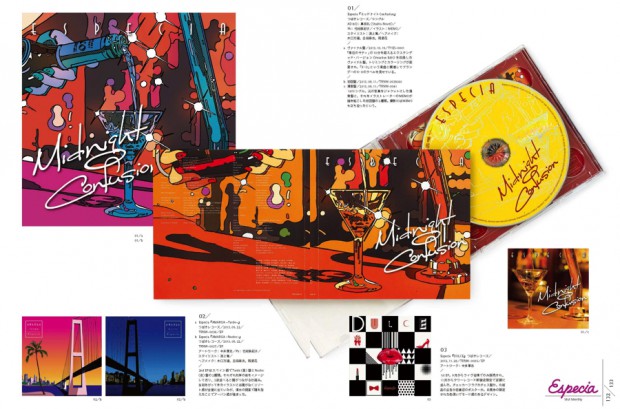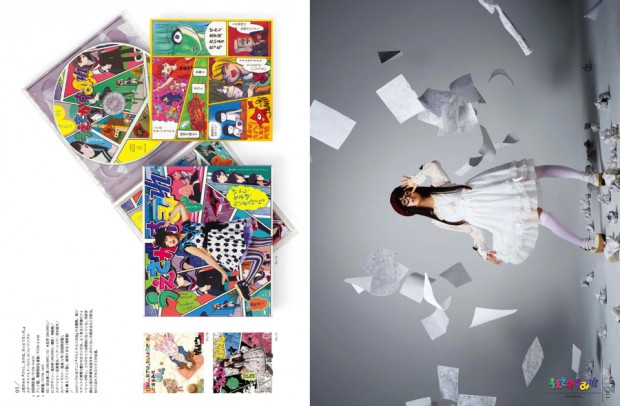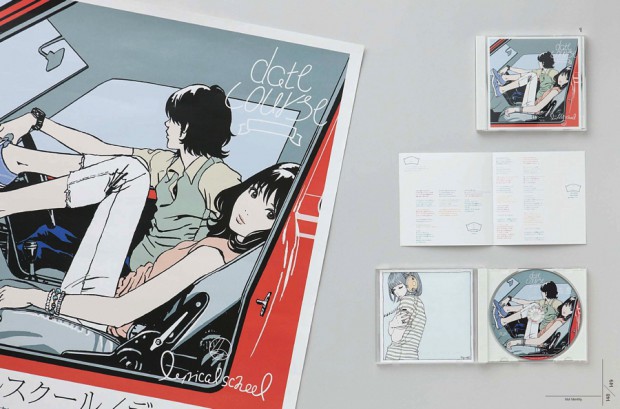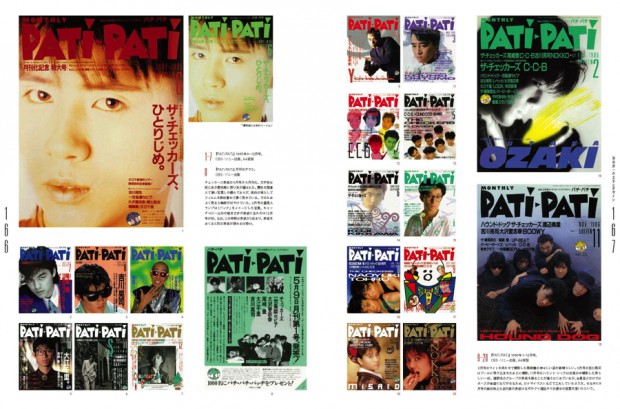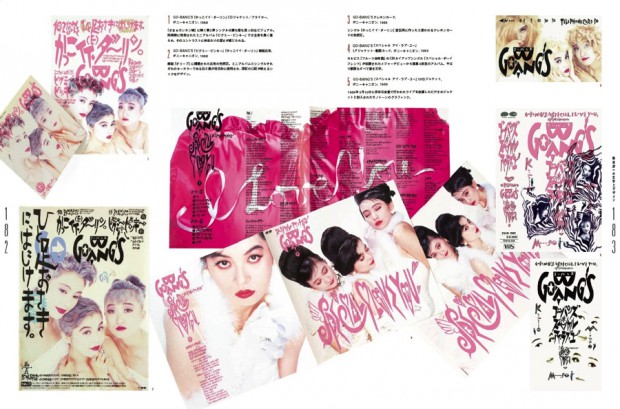Keyword
Design of Amachan
Kyary Pamyu Pamyu Graphics
Period of Idol Identity
Letters and Design of Junichi Someya
Obituary: Makoto Nakamura
Cultural History of Japanese Typefaces Vol. 6 “Evaluatining Sense of Oldness”
Report: Typojanchi 2013
Information
the idea of music[007] Interview with Hajime Tachibana
Design of Amachan
NHK’s drama series “Amachan”, broadcast from April to September 2013, grew popular among people of all ages. Through the charms of screenplay, direction and casting, not to mention photography and soundtrack, the creators managed to convey their enthusiasm to the viewers. The graphic design of the props and backdrops also played an important role in creating this world. We introduce you to the many authentic-looking designs of company logotypes, store signage, posters, street advertising, food labels, et cetera, and talk to the designers who created them.
Kyary Pamyu Pamyu Graphics
Text by Sayawaka, Design by Daijiro Ohara
Kyary Pamyu Pamyu debuted with the song “PONPONPON” in July 2011. The photos in the CD jackets and in limited edition booklets made her “gurokawa” (grotesquely cute) style famous, and a whole world talked about the lovable music video to “PONPONPON”. We have reproduced parts of the CD booklets that were so central to the project, and interviewed the creators behind them about how this world of Kyary came into being.
Period of Idol Identity
Shiritsu Ebisu Chugaku
Text by Shinshi Okajima
Since the Internet and digital devices became parts of daily life in the early 2000s, the idol phenomenon has faced a major turning point. The old approach of focusing on distance rather than intimacy is being dismantled as the live experience merges with the media image. Given these new circumstances, how do today’s idols communicate their visual identity? We interviewed the producers and art directors of idol groups about their cutting edge methods to keep up with reality.
DEMPAGUMI.inc
Text by Sayawaka
BiS (Brand-new idol Society)
Text by Sayawaka
BABYMETAL
Text by Shinshi Okajima
BELLRING Girls Heart
Text by Barbora
Rhymeberry
Text by Sayawaka
Especia
Text by Barbora
Sumire Uesaka
Text by Barbora
lyrical school
Text and Design by Shohei Iida
By the period of Idol Identity
Text by Sayawaka
Letters and Design of Junichi Someya
Text by Barbora
In the 1980s and ’90s, Junichi Someya created many pieces of original lettering for music magazine “PATi PATi” and groups such as GO-BANG’S and several J-Pop singers. Despite his style became famous, it’s hard to find any comments on his work or interviews with the artist himself; it’s as if he disappeared from the stage around year 2000. As a Best of GO-BANG’S album was released in 2013, we got a unique opportunity to interview Junichi Someya and cover his works.
Obituary: Makoto Nakamura
A Cultural History of Japanese Typefaces
Vol. 6 “Evaluating Sense of Oldness”
Text by Akira Uchida, Design by Toshinobu Nagata
Report: Typojanchi 2013
Information
the idea of music [007]
Interview with Hajime Tachibana
Cover Artist: Mitsuhiko Sasaki (born 1983) is a Japanese manga illustrator. He was born and raised in Fukuoka, Japan.
http://interwall.jp/


